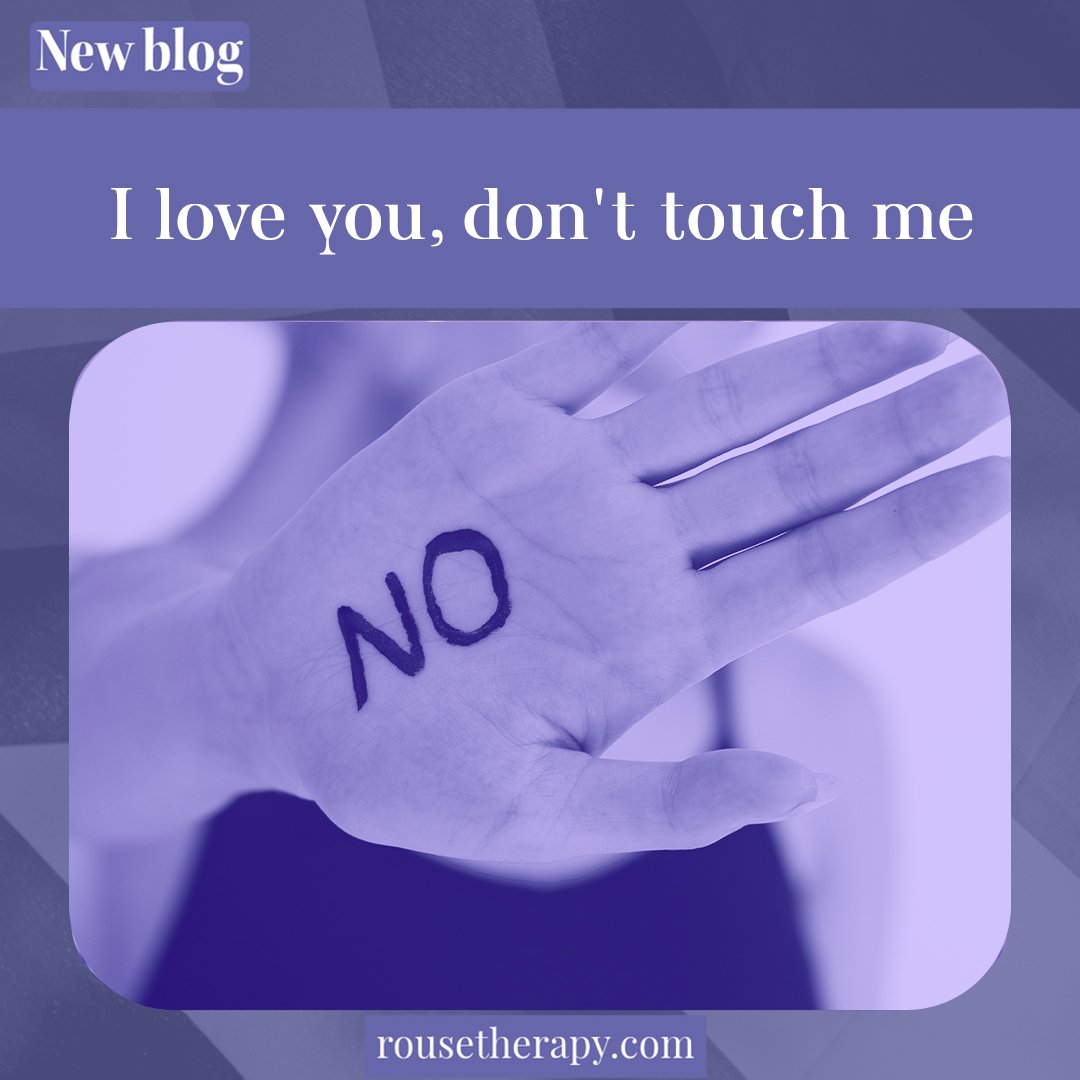
“I love you, don’t touch me”
If you’re like most people, you probably don’t think about your attachment style until something goes wrong in your relationship. But for some people, feeling disconnected from their partner can lead to hyper-focusing on the relationship and sometimes sideways attempts to get attention from their partner. However, these sideways attempts often leave the other partner turned off and pulling away from the relationship.
Does this mean you’re doomed to this cycle forever? Not necessarily! We can do a few things to change our approach to building healthier ways of showing up in our relationships. One of those things is learning about what happens when our attachment to those close to us feels threatened.
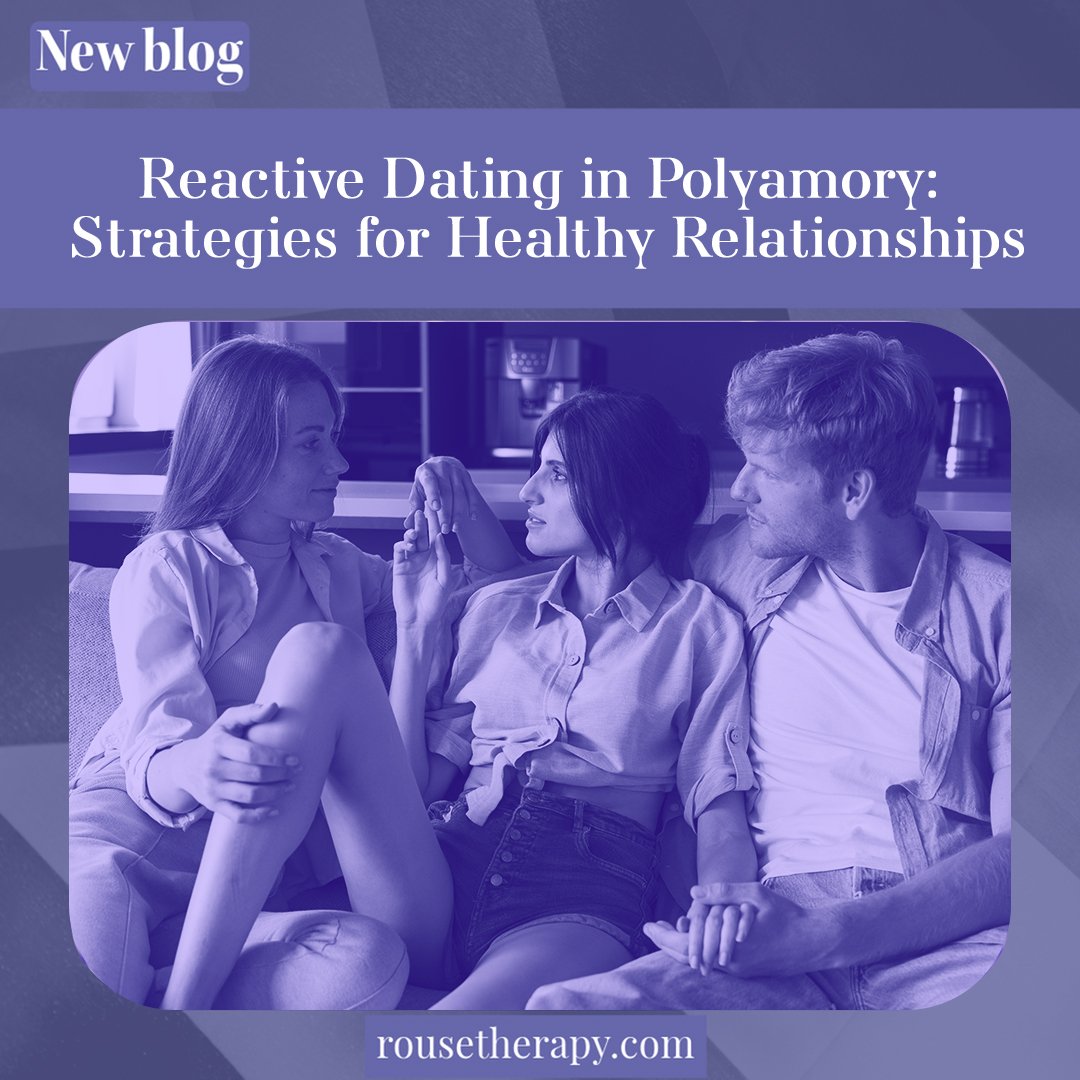
Reactive Dating in Polyamory: Strategies for Healthy Relationships
In polyamory, multiple loves and connections are celebrated, and maintaining healthy relationships requires clear communication, self-awareness, and mutual respect. However, even within this inclusive framework, complexities can arise. One such complexity is "reactive dating."
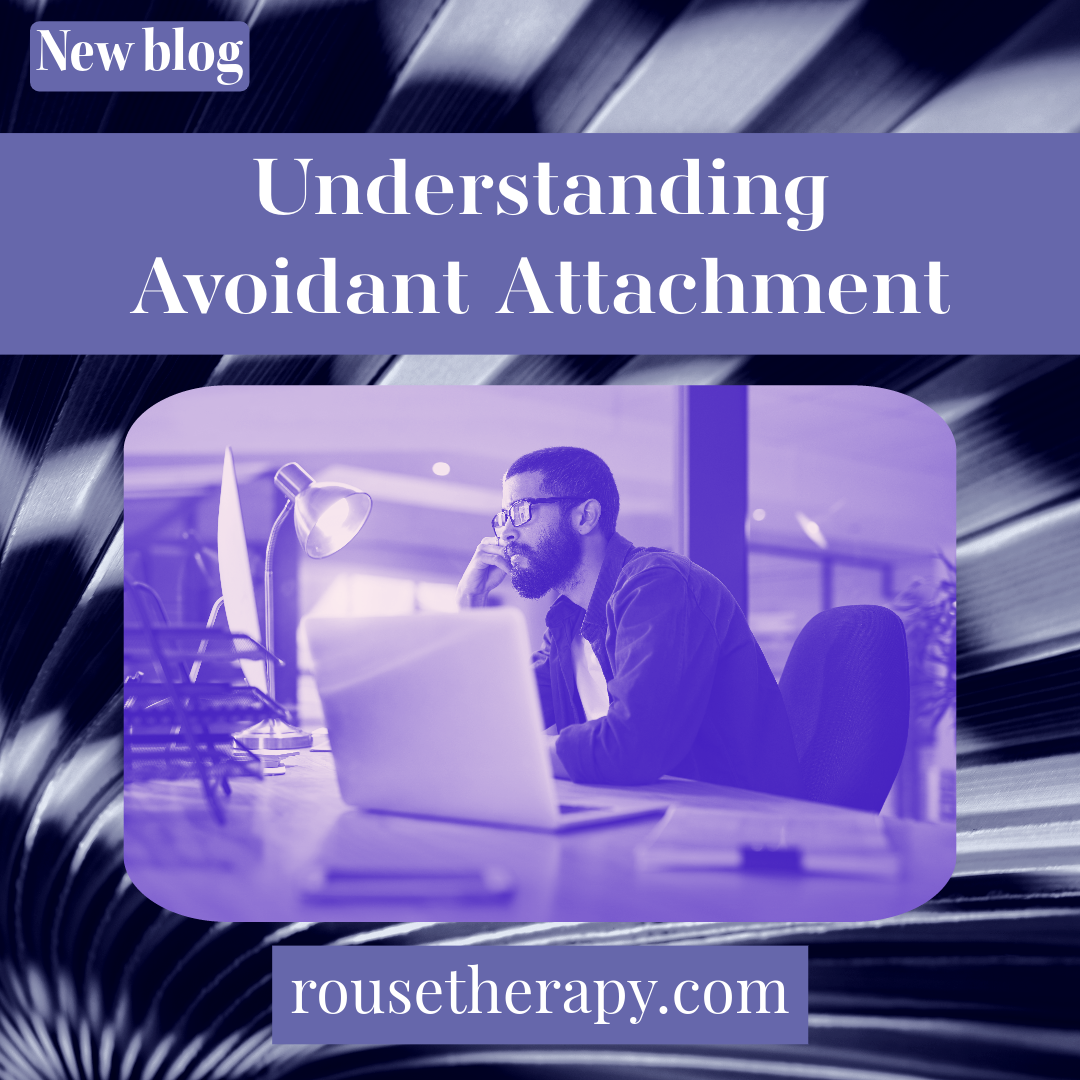
Understanding Avoidant Attachment: Developing a Secure Attachment
A strong relationship is one of the most satisfying aspects of our lives. It's a bond that we all desire, but unfortunately, some individuals struggle to form a healthy attachment due to past experiences or events. One particular attachment style that leaves many people feeling lonely and unfulfilled is avoidant attachment. This type of attachment can cause individuals to distance themselves from emotional closeness, leaving their partners feeling neglected and misunderstood. In this blog post, we’ll explore the origins of avoidant attachment and how individuals can develop a more secure attachment style.
Avoidant attachment originates from early childhood experiences, including neglectful or inconsistent care from primary caregivers. As discussed in Bowlby’s attachment theory, the lack of connection between children and caregivers creates a feeling of anxiety, which leads children to develop strategies to protect themselves from pain. Unfortunately, these strategies continue into adulthood, leading them to avoid emotional closeness and intimacy.
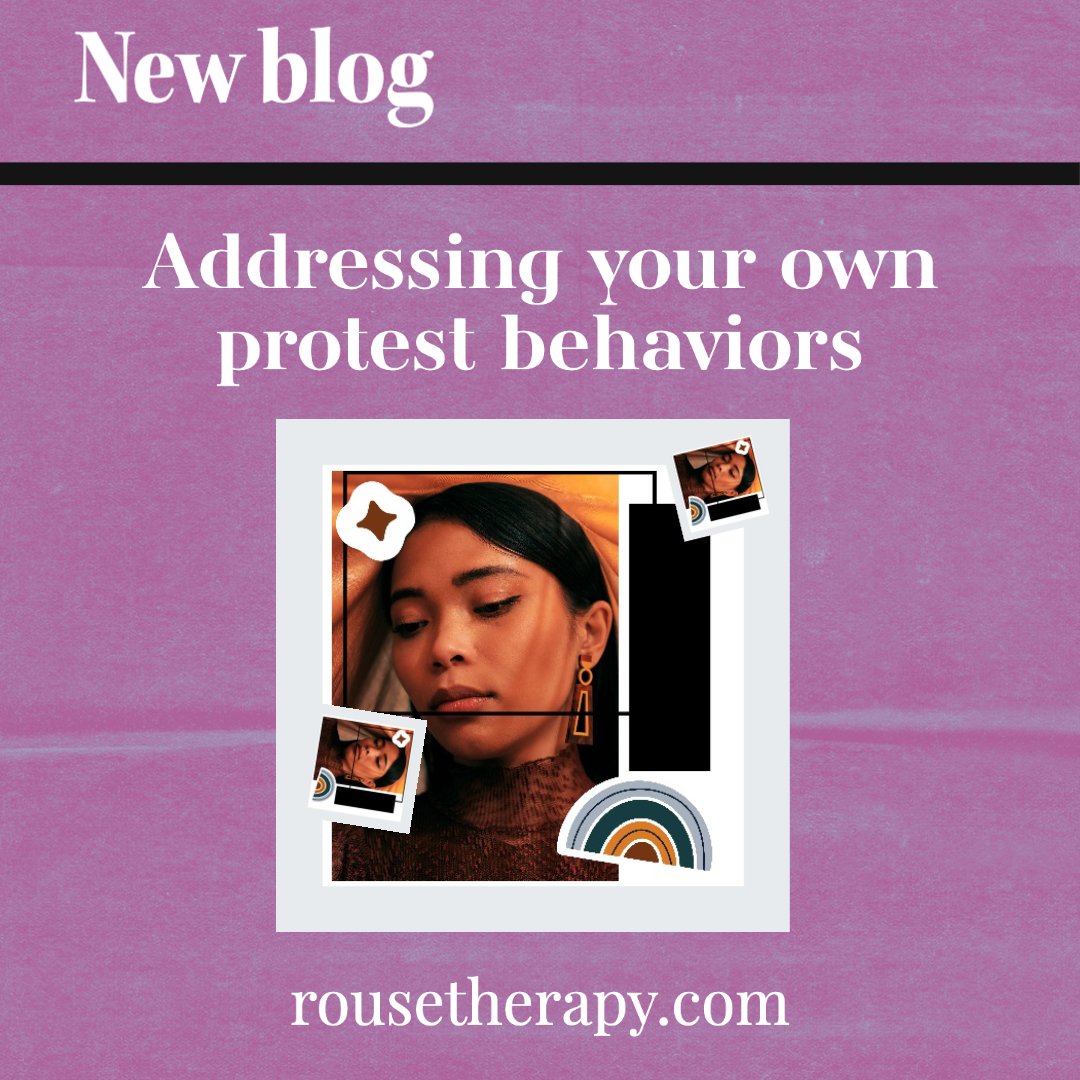
Addressing your own protest behavior
Relationships are not always easy and can be filled with complications. When disagreements arise, the way each person reacts is crucial. Sometimes when individuals feel unheard, they may resort to protest behaviors. Have you ever found yourself in a situation where you just couldn't stop reaching out to someone, demanding attention, or even starting arguments? If so, you might have unknowingly engaged in protest behaviors related to your attachment style. These behaviors often arise when we experience anxiety in a relationship, and they're a way of trying to maintain the connection with our partner. However, protest behaviors can sometimes come off as clingy or even manipulative, so it's important to recognize them and address them healthily. Understanding the roots of your protest behaviors can help you cultivate a more fulfilling love life, whether navigating a new romance or a long-term relationship.
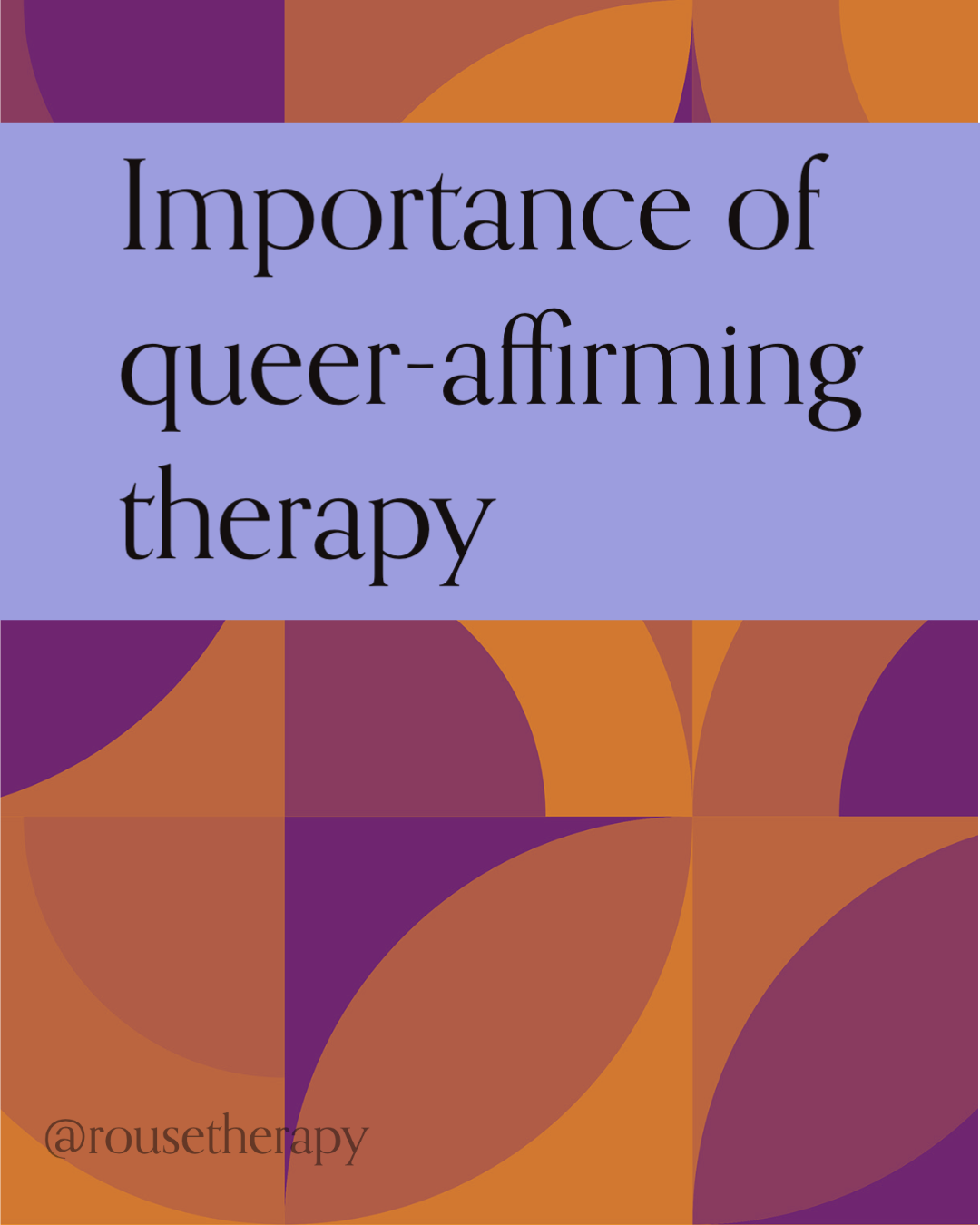
Importance of queer-affirming couples therapy
Therapy is important. Queer-affirming therapy is vital if you're in a queer relationship. Finding a therapist who understands your specific needs and can help you maintain your relationship is crucial. Queer-affirming relationship therapy can be a powerful tool for assisting queer couples in building healthy and sustainable relationships. In this post, we'll explore why queer-affirming therapy is so important, and we'll look at some of the specific benefits it can offer to queer clients.
The therapist can address your concerns without you educating them…
Queer-affirming therapists can support and hold space for you while you explore unique issues in queer partnerships, like:
Coming out
Discrimination and harassment
Resiliency factors in queer communities
Heightened rates of mental health issues related to discrimination
Increased rates of suicide attempts
Historical trauma
Multiply marginalized identities
Queer-affirming couples therapy can be challenging but rewarding because…
you get to learn new communication skills
it allows conflict and repair to create more bonding
learn about and work with your attachment styles
increases self-acceptance and self-compassion
it can reduce shame and anxiety
you can openly explore kink and polyamory without being pathologized
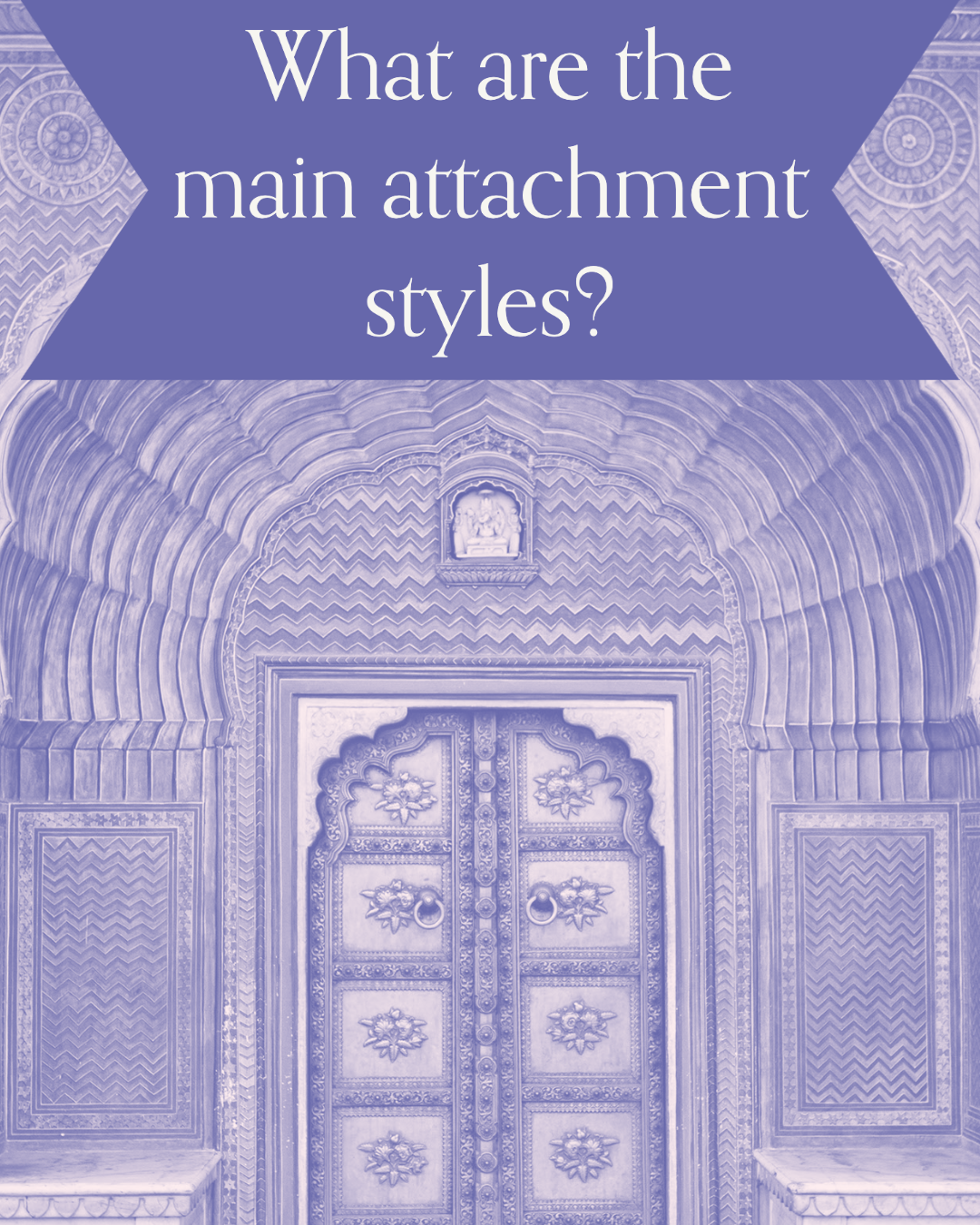
So, what are the main attachment styles anyway?
Have you ever wondered why you act the way you do around certain people? Why some situations make you feel really good, while others make you feel terrible? It might all have to do with your attachment style. Your attachment style is basically how you interact with other people and the world around you. There are four main types of attachment styles, and knowing which one you have can help explain a lot about your behavior. So what are the four attachment styles? Keep reading to find out!
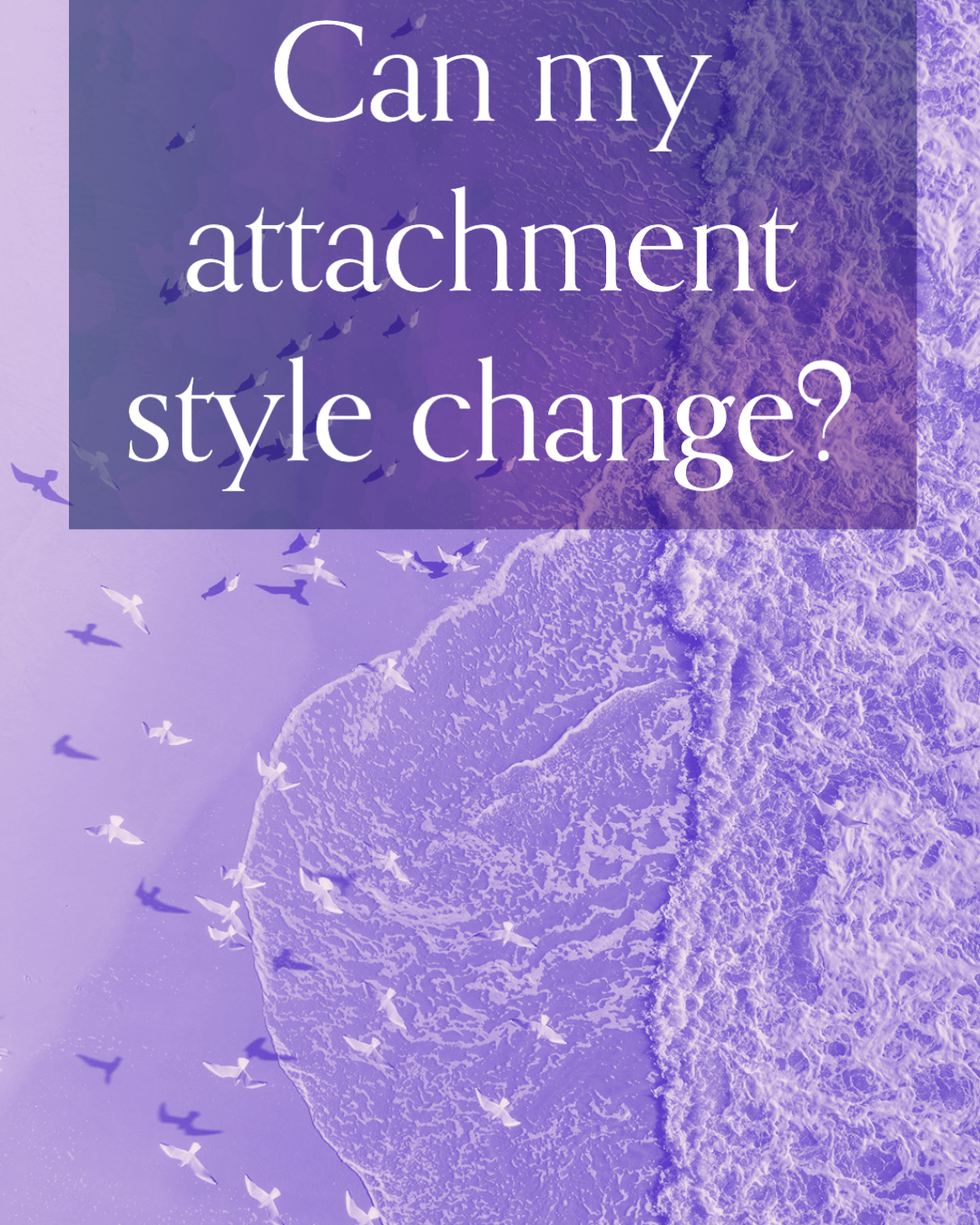
Can my attachment style change?
There’s been a lot of attention given to attachment styles over the last few years, and rightfully so. Attachment can help provide wonderful insight into the how’s and why’s around our way of connecting with others.
I discussed some of the origins of attachment theory in previous articles, and today I want to focus on a common question:
Does my attachment style change?

Anxious attachment styles: The hows, the why’s and the what do’s
Are you the type of person who panics when they're not around their partner? Do you feel like you’re uncertain of your relationship even if your partner says they love you? Do you find yourself scanning for proof that they do or don’t love you? If so, you may have an anxious attachment style. But, don't worry, there's nothing wrong with you!